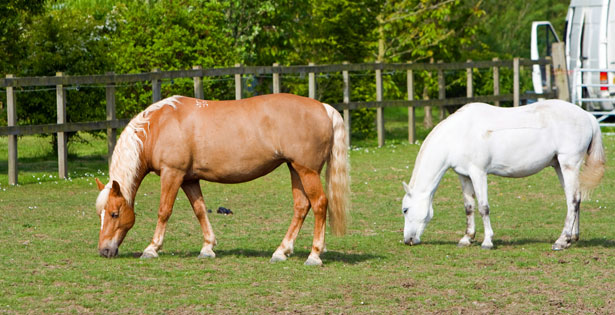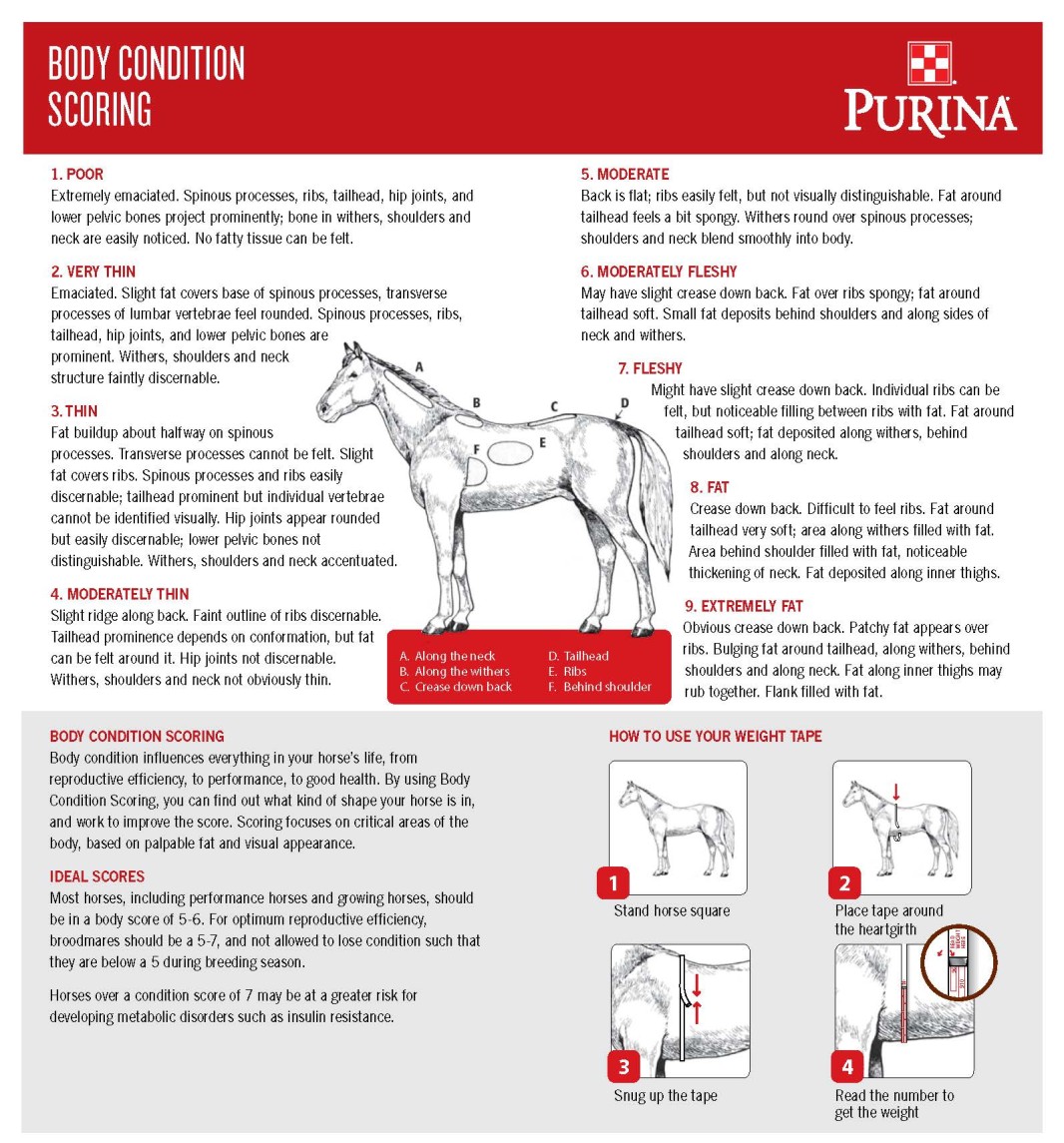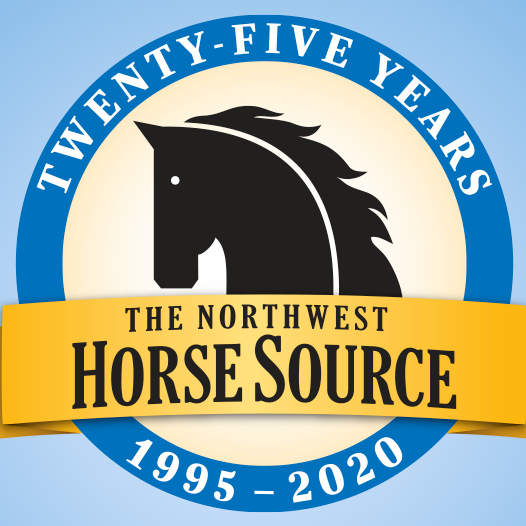 After a long, snowy winter in many parts of the country, people and horses alike are eager to get out and enjoy spring warmth and sunshine. Pastures are greening up, and it’s time for horse owners to open the barn and let their horses dine al fresco.
After a long, snowy winter in many parts of the country, people and horses alike are eager to get out and enjoy spring warmth and sunshine. Pastures are greening up, and it’s time for horse owners to open the barn and let their horses dine al fresco.
“It’s tempting to just let horses out and allow them to graze for as long as they want,” said Dr. Karen Davison, equine nutritionist, Purina Animal Nutrition. “But it’s important to introduce horses to pasture grass in a way that doesn’t invite issues like gastrointestinal upset, laminitis or weight gain in already-overweight horses.”
Dr. Davison shares five tips for horse owners to help ensure a successful and healthy spring turnout.
- Take it slowly. Introduce your horse to spring pasture gradually to avoid any abrupt dietary change, which can cause serious problems such as colic, founder or laminitis. Dr. Davison recommends starting horses on spring pasture anywhere from 30 minutes to an hour once or twice a day then increasing that time by five to 10 minutes each day until your horse is in the pasture for six hours. Once they are out successfully for six hours, they can stay out all day.
- Prevent gorging. Try feeding your horse a full forage or hay meal before letting it out into the pasture to avoid turning them out on an empty stomach. Then when they start grazing, they’ll take things a bit slower. Another method is to introduce a grazing muzzle, which allows the horse to enjoy the pasture, but prevents him from taking large mouthfuls of grass.
- Meet your horse’s nutrient requirements. Early-spring pasture grass is very nutrient-dense and has a high water content but is low in fiber. On the other hand, more mature grass has more fiber but fewer nutrients. Ideally, horses should graze on grass that is somewhere in the middle. Especially if your horse is coming off the winter slightly underweight, make sure you provide them with some hay to meet its forage requirements. Providing supplemental grains and other feeds at a higher feeding rate may also be necessary. For those horses needing to maintain or lose weight, a ration balancer can help ensure your horse is still receiving adequate vitamins, minerals and protein at a lower feeding rate (usually one or two pounds per day) while receiving the majority of their calories from pasture.
- Know your horse’s body condition. Once your horse is unblanketed and/or sheds his winter coat, you can tell if he is too thin, too heavy or just right going into spring. A body condition scoring chart (see below) will help you determine your horse’s body condition. On average, it takes an additional 9,000 calories per day to gain 1 pound of body weight, so consider adding a concentrated feed and possibly a nutritionally balanced fat supplement to an underweight horse’s pasture intake. If your horse is overweight, increasing exercise, feeding a ration balancer and/or possibly utilizing a grazing muzzle while the horse is on pasture can be great solutions.
- Work with your veterinarian. Always consult your veterinarian when making any drastic changes in your horse’s diet. Early spring and late fall are always good times to check with your veterinarian to ensure your horse is going into the new season on a healthy note.
Being mindful of the benefits and potential concerns of spring pasture will help ensure your horse enjoys great spring weather, and great spring grazing, to the fullest.
For more information about horse care and nutrition visit purinamills.com/horse-feed.
About Purina Animal Nutrition
Purina Animal Nutrition LLC (www.purinamills.com) is a national organization serving producers, animal owners and their families through more than 4,700 local cooperatives, independent dealers and other large retailers throughout the United States. Driven by an uncompromising commitment to animal excellence, Purina Animal Nutrition is an industry-leading innovator offering a valued portfolio of complete feeds, supplements, premixes, ingredients and specialty technologies for the livestock and lifestyle animal markets. Headquartered in Shoreview, Minn., Purina Animal Nutrition LLC is a wholly owned subsidiary of Land O’Lakes, Inc.

News from the horse industry. Sharing today’s information as it happens. The Northwest Horse Source is not responsible for the content of 3rd party submissions.





